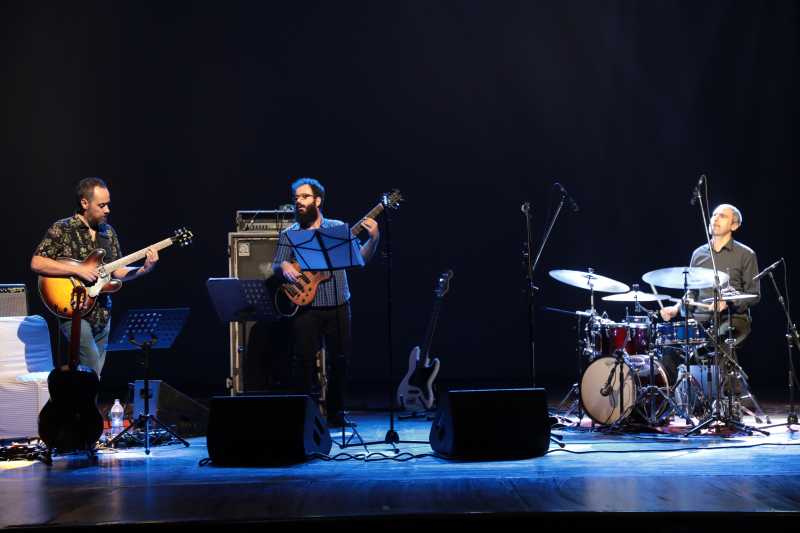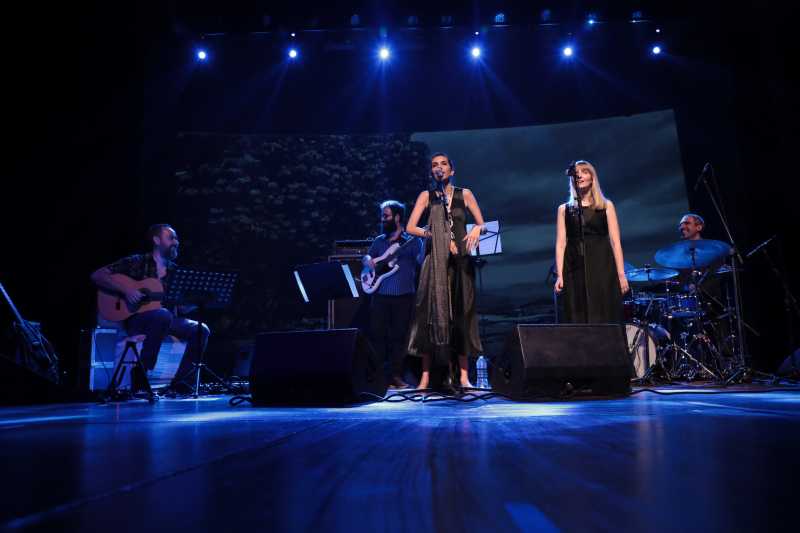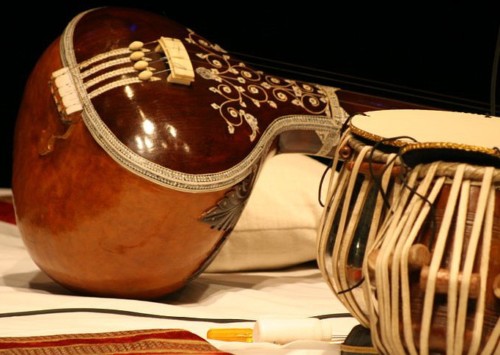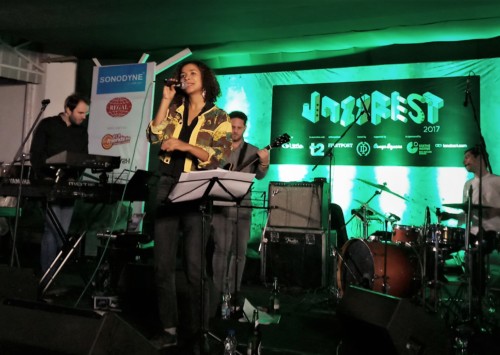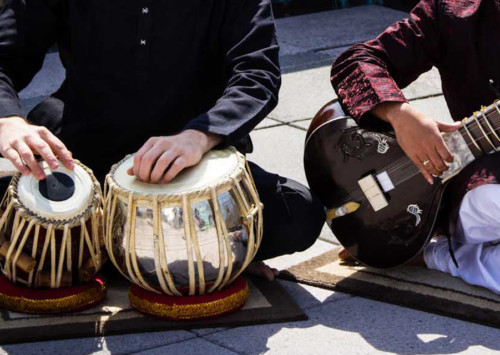An evening of jazz in Delhi
We went exploring the music scene in the Indian capital New Delhi and stopped for an evening of jazz, where Mexican and Brazilian musicians shared with us the theories of their music and their idea of some classics.
Ones who could not find a seat in the packed Kamani auditorium grabbed a corner to stand or seated themselves on the aisle. In the neighbourhood of Mandi House, Delhi’s cultural hub, this evening was dedicated to American jazz and the genre’s Indian fans.
Grammy nominee and Mexican singer, Magos Herrera had teamed up with Trio Afora, a Brazilian band of three jazz musicians; and as the musicians fused elements of music from Mexico and Brazil into jazz, claps and cheers reverberated through the hall.
Presented by the International Council for Cultural Relations (ICCR), in collaboration with the Embassy of Mexico and Embassy of Brazil, the concert was supported by the Global Music Institute (GMI), a music facility near Delhi where the musicians are teaching this summer.
One of the most active vocalist in the contemporary Latin American jazz scene, Herrera, and Trio Afora’s Fabio Gouvea, Felipe Brisola and Alex Kautz, played some Mexican and Brazilian classics for their audience in the capital, which included of Riva Ganguly Das, director general, ICCR, Melba Pría, ambassador of Mexico to India, and Tovar da Silva Nunes, ambassador of Brazil to India.
Under an electric blue luminescence, Trio Afora opened the concert with original compositions from their albums, and soon invited Herrera on stage.
With much ease, as she strolled on the stage and swayed on her own tunes, Herrera performed Niña (Girl), a poem by former Mexican ambassador to India, Nobel laureate Octavio Paz, which she has composed along with Felipe Perez Santiago.
“I love India, and Octavio Paz loved India,” Magos said, dedicating this song to renowned Indian photographer Raghu Rai, whose photograph of a Mexican landscape formed the backdrop of her performance.
As she got more at ease during the performance, Herrera removed her shoes and deftly warped her scarf around the microphone’s stand.
“We need more women in music,” Magos commented, as she invited Belarusian musician, Katerina L’Dokova to share stage for their rendition of a romantic love song, Tu y yo (You and I), an adapted fragment of Ruben Dario’s poem composed by Magos and Fabio Gouvea.
Herrera also performed a Mexican folk song, La llorana (the weeping woman), yet again, grooving to its tune.
An act of various styles
Use of hands and expressions while singing is considered to be dancing and one of the elements that make for the definition of Indian classical music.
Commenting on what she thinks Indian classical music has in common with jazz, Herrera said that it’s the “improvisation that takes place” in both the forms.
“The sense of exploration of complex territories that we can find listening to Indian music is similar to jazz and Brazilian styles of music. There are of course cultural, theoretical and technical differences, but still there is this same inventive spirit,” commented the Trio Afora.
Explaining how their style of music is an act of varied styles, the Trio Afora explained, “We are a group that mixes all the different aspects of Brazilian music with the innovation of jazz and also other world music. Each musician of the group brings a particular musical characteristic that blends very well.”
Talking about the features of jazz Herrera added that approaching the voice as an instrument is an important factor along with improvisation and interplay.
“The creative thinking, the courage of dealing with the unexpected, the necessity of answer and interact with what is happening in the moment are some of the special features, that we realize, and what make jazz,” commented the Trio Afora.
Describing some characteristics of Brazilian music, the Trio Afora said, “Brazilian music is known by its wide and rich musical tradition in terms of composition, harmony, melody and rhythm, where the challenge for musicians of our generation is understand and absorb this tradition, and keep going with the creative way of making Brazilian Music, the same way that our masters did in the past.”
At the end of the evening as the musicians thanked the audience and the ambassadors of Mexico and Brazil for this collaborative musical initiative, Magos concluded by saying, “that through arts we can start conversations.”

